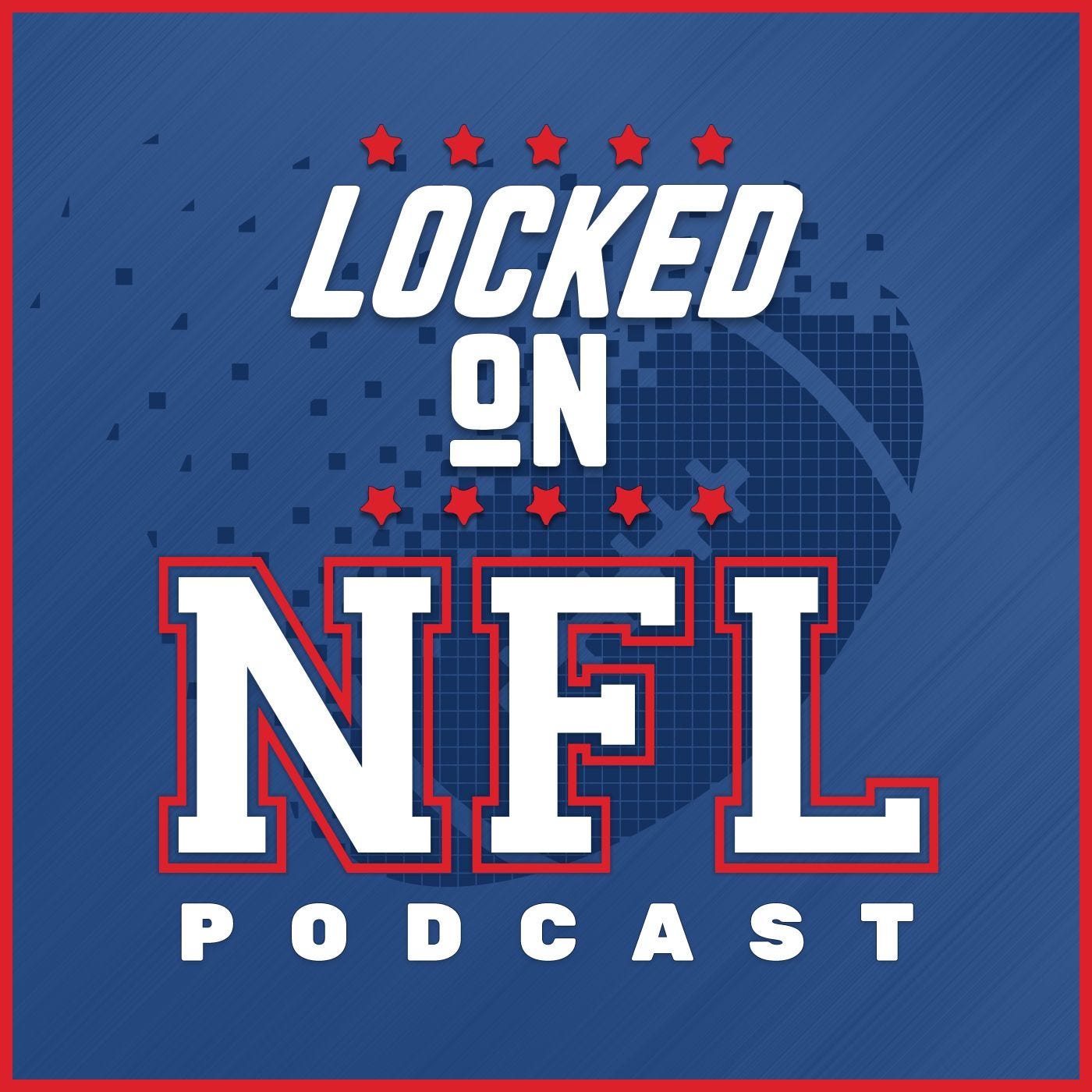Super Bowl LVII might be remembered for a disputed late-game holding call on Eagles cornerback James Bradberry.
But, arguably, it was a separate, dubious officiating decision that could have had even bigger ramifications for the outcome of the game.

The play in question transpired on the Eagles' first possession of the second half, after the Chiefs marched down the field for a touchdown to cut Philly's lead to 24-21.
After Eagles quarterback Jalen Hurts swung the ball to running back Miles Sanders in the flat, hard-charging Chiefs cornerback L'Jarius Sneed dislodged the ball from Sanders' grasp on a crushing, well-timed hit. Linebacker Nick Bolton scooped up the fumble deep inside Philadelphia territory and returned it roughly 20 yards for a touchdown, his second of the game.
However, the play was promptly reviewed and ruled to be an incomplete pass. The officials declared that Sanders "did not complete the process of a catch."
FOX NFL rules analyst Mike Pereira agreed with the ruling, declaring that Sanders caught the ball and got two feet down, but did not "get a third step down."
Officially, the NFL rulebook defines a catch as a three-step process that includes possession, two feet down, and the receiver performing "any act common to the game (e.g., tuck the ball away, extend it forward, take an additional step, turn upfield, or avoid or ward off an opponent), or he maintains control of the ball long enough to do so."
Whether Sanders satisfied the third step is debatable. To me, he certainly appeared to turn his shoulders and hips such that they were parallel to the line of scrimmage. That would seem to satisfy the third step.
The kicker is that the ruling on the field was that the play was a completed pass and fumble. For a play to be overturned, there must be irrefutable evidence contradicting the call on the field. Again, to me, the Sanders play doesn't meet that bar.
What should -- or at least could -- have been a Chiefs touchdown was taken off the board. Instead of Kansas City going up 28-24 and fully hijacking the game's momentum, the Eagles retained possession and later kicked a field goal to extend their lead to 27-21. That's a 10-point swing. The Chiefs scored a touchdown on the ensuing possession to take their first lead of the game, at 28-27.
It's impossible to say how the game would have unfolded if Bolton's second touchdown had been allowed to stand. But there's a decent chance the Chiefs could have pulled away, and their final offensive drive might have unfolded with a two-score lead, rendering Bradberry's holding penalty all but moot.
Curiously, Bolton's second fumble return for six got relatively scant attention compared to the Bradberry play. No doubt, the holding penalty all but sealed the game for the Chiefs by assuring the Eagles would not get another possession with enough time on the clock, but taking six points off the board for Kansas City was arguably bigger.
For his part, Bolton seemed to say after the game that he agreed with the play being overturned.
"I knew it was incomplete," he told reporters.
Likewise, Bradberry was gracious toward the officials.
"It was a holding," he said. "I tugged his jersey. I was hoping they would let it slide."
While Bradberry's hold was understandably the focus of many fans and journalists after the game, others weren't willing to let the overturned Sanders fumble slide either.
LISTEN on the Audacy App
Sign Up and Follow Audacy Sports
Facebook | Twitter | Instagram


